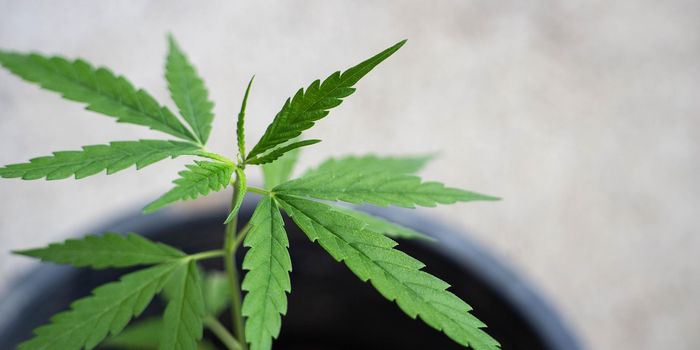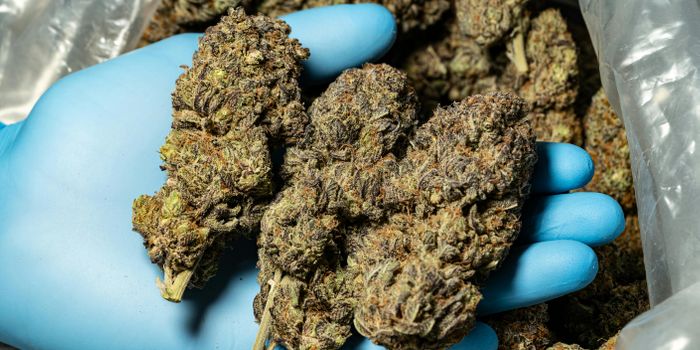Researchers Find Cow Consumption of Hempseed Cake Does Not Negatively Affect Meat Safety
Scientists from the USDA's Agricultural Research Service (ARS) and North Dakota State University (NDSU) investigated cannabinoid residue levels in the edible tissues of beef cattle. They wanted to determine the association between cannabinoid levels found in cow meat to understand potential safety concerns for human consumption. Hempseed cake is a nutritious and cost-effective alternative feed source for livestock, but current regulations limit its use. Current federal laws prohibit using hempseed cake in food animal rations because research has not yet examined the risks and benefits of cannabinoid residue found in edible animal tissue. The study published in Food Additives & Contaminants highlights its potential effects.
The researchers fed groups of heifers one of two diets for 111 days. One group consumed a control diet, and the other ingested a diet including 20% hempseed cake. After this feeding period ended, the researchers measured cannabinoid residues in the liver, kidney, skeletal muscle, and adipose tissue. The researchers analyzed the tissue of animals harvested 0, 1, 4, and 8 days after the hempseed cake diet ended. This method gave the researchers insight into how long cannabinoid residue stays in bovine tissue. The average hempseed cake contains .3% or less of CBD as per federal regulations.
The study highlights the potential exposure impact of CBD on a human. Dr. David Smith of the Animal Metabolism-Agricultural Chemicals Research Unit explained the most likely impact of CBD: "According to our exposure assessment, it would be very difficult for a human to consume enough fat from cattle fed with hempseed cake to exceed regulatory guidelines for dietary THC exposure." The study confirms human consumption would remain legally compliant.
Analysis showed cannabinoid residues in the urine and plasma of cattle during the feeding period and low levels of CBD and THC measured in adipose tissue (fat) of cattle harvested with no withdrawal period. Analysis indicated the liver, kidney, and skeletal muscle had low levels of CBD and THC.
Sources: USDA, Food Additives & Contaminants








